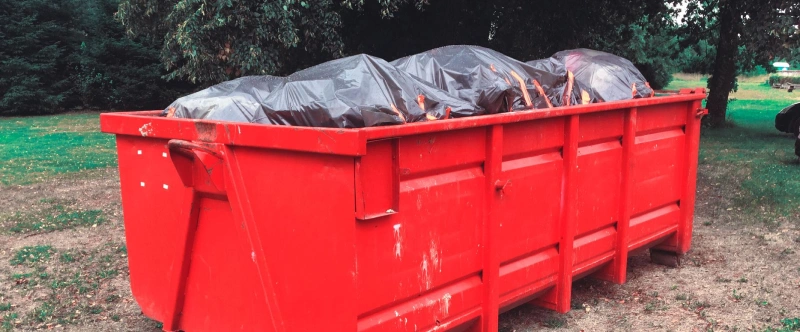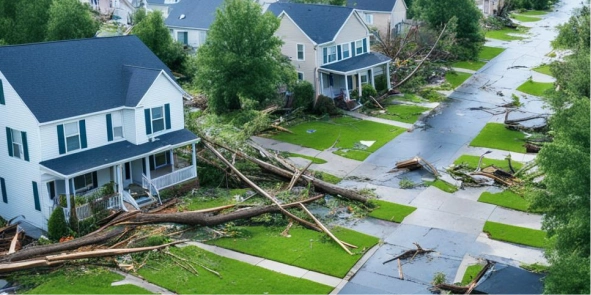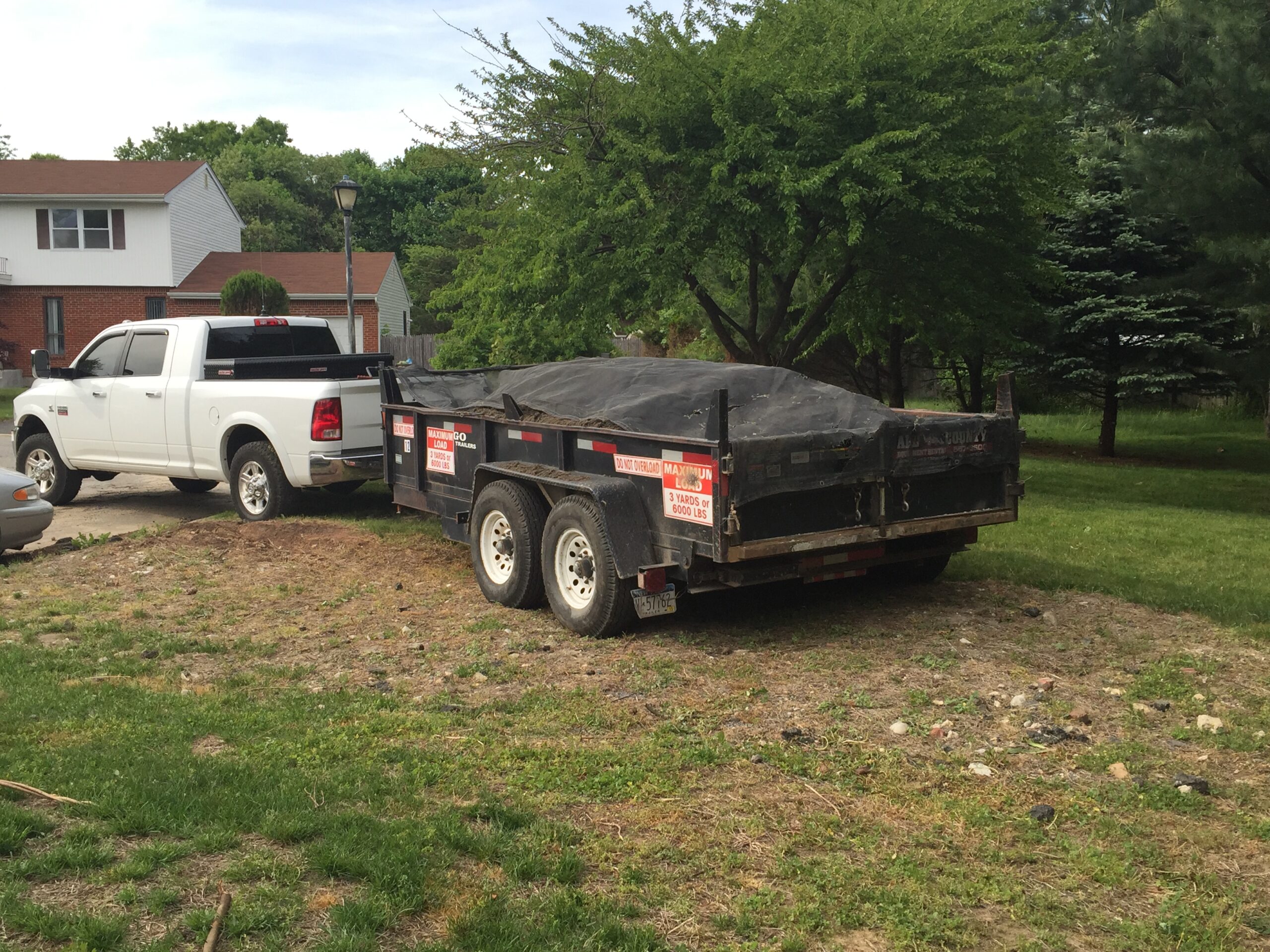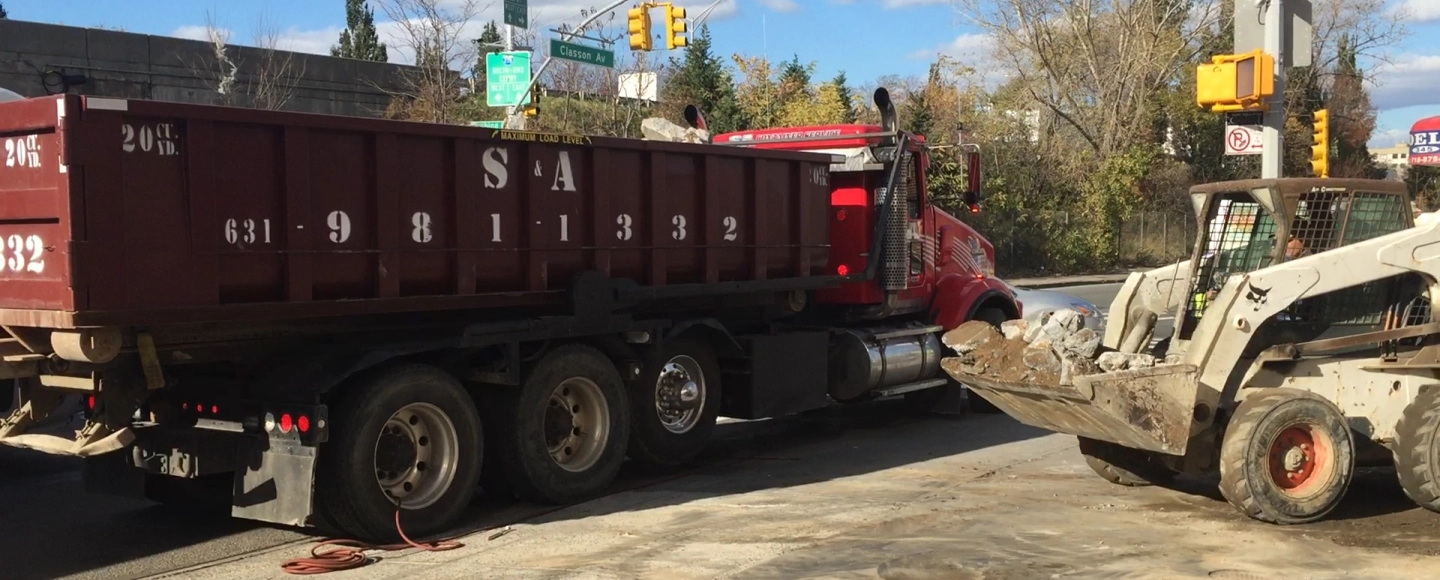Dumpsters are a practical way to get rid of undesirable waste, whether you’re cleaning out your home, remodeling your workspace, or handling trash on a building site.
But for reasons related to safety, the law, or the environment, you can’t just throw any material into a dumpster. To prevent accidents and maintain appropriate waste disposal procedures, knowing what cannot be placed in a dumpster is essential.
Reasons Why You Shouldn’t Add Unwanted Materials in a Dumpster
Here are some of the compelling reasons why you should follow waste management dumpster rules.
-
Negative Environmental Implications
Unwanted material disposal in a dumpster can have detrimental effects on the environment. Toxins in hazardous materials like chemicals and electronics can pollute soil and water sources if disposed of inappropriately. This pollution poses dangers to ecosystems, wildlife, and potentially human health.
-
Legal Repercussions
Improperly disposing of hazardous materials may result in legal consequences. Strict waste management dumpster rules apply in many countries, particularly when it comes to dangerous products. The offending persons or companies may face fines, penalties, or legal action if these rules are broken.
-
Risks to Health and Safety
When mismanaged, some materials, such as batteries, fluorescent lights, or construction waste, pose severe threats to one’s health and safety. For example, breathing in mercury vapor from a damaged fluorescent lightbulb or being exposed to harmful materials found in batteries can both be dangerous. Also, improperly disposed of construction trash might result in mishaps or injury to anyone handling it.
-
Contamination and Pollution
Certain materials, particularly liquids or pressurized containers, are not intended for disposal in dumpsters. There is a high chance that these materials will leak, spill, or even explode, contaminating the environment. Seeping into the earth, chemicals, oils, or other fluids can have an impact on soil quality and water supplies.
-
Pest Infestation and Scents
Pests like rodents, insects, and scavenger animals might be drawn to dumpsters containing forbidden materials or excessive organic trash. Infestations and unhygienic situations may result from this. Furthermore, organic trash allowed to decay in a dumpster might release unpleasant smells that bother those nearby.
What Can You Not Put in a Dumpster?
Here are some things that you cannot put in your dumpster:
Certain Chemicals
If you are wondering, ‘Can you throw away paint cans in a dumpster,’ then no! Hazardous compounds included in chemicals such as paint thinners, solvents, insecticides, and household cleansers have the potential to pollute soil and water when they seep into the ground. Additionally, these materials may release harmful vapors that are harmful when inhaled.
Batteries
Dumpsters shouldn’t be used to dispose of batteries, particularly rechargeable ones that contain heavy metals, including lead, cadmium, and mercury. They can spill dangerous substances and contaminate the surrounding area.
Electronics
Toxic elements, including lead, mercury, and arsenic, are frequently found in electronic debris, or “e-waste,” which includes outdated computers, TVs, and mobile phones. When electronic gadgets are disposed of improperly, toxic materials may leak into the ground and rivers.
Fluorescent Light Bulbs
The hazardous material mercury vapor is present in fluorescent lamps. Mercury may leak into the environment when damaged or disposed of inappropriately, endangering both human and wildlife health.
Asbestos
Certain construction materials like asbestos might pose health risks if handled carelessly. Materials containing asbestos must be disposed of in accordance with strict laws and dumpster rules.
Organic Waste
There are better options than dumpsters for removing a lot of organic trash. While it may be permissible to discard modest amounts of food waste in some situations, doing so excessively might draw bugs, produce unpleasant odors, and cause sanitary problems. Composting or employing approved organic waste disposal services is advised instead.
Flammable Liquids
Flammable liquids are prohibited in dumpster rentals due to their hazardous nature and potential to cause fires, explosions, or environmental damage. These substances, such as gasoline, motor oil, paint thinners, and certain cleaning solvents, are highly combustible and pose serious risks when not disposed of properly. For instance, if exposed to heat, sparks, or improper containment, they could ignite and endanger waste haulers, property, and nearby communities. Additionally, many flammable liquids are toxic and can contaminate soil and water supplies if they leak from the dumpster. Proper disposal through specialized facilities ensures safety and compliance with local regulations.
Containers Under Pressure and Liquids
Dumpsters are not designed to handle goods under pressure or liquids. Aerosol cans and propane tanks are pressurized containers that can leak and contaminate the environment. They can also be dangerous if they are crushed or punctured.
Tires and Batteries
If you are wondering, ‘Can I put tires in a dumpster’? The answer is no! Tires and batteries, particularly automotive batteries, should not be disposed of in standard dumpsters. Both contain components that require specific recycling or disposal techniques due to their potential to harm the environment.
Items You Can Put in a Dumpster
-
Non-hazardous Household Waste
Disposing of standard household garbage, including paper, cardboard, plastic containers, glass bottles, and food packaging, in a dumpster is usually allowed. Most household garbage is made up of these things, which can be securely disposed of in dumpsters for regular pickup and disposal.
-
Appliances and Furnishings
You can usually use dumpsters to put outdated items like dishwashers, vacuums, dryers, and furniture like sofas, chairs, tables, and mattresses. It’s imperative to confirm any particular rules or limitations pertaining to these things with the dumpster provider or local laws.
-
Yard Waste
Dumpsters can handle yard waste, such as grass clippings, branches, leaves, and small tree trimmings. However, it’s best to make sure the dumpster company takes larger yard debris or heavier items, such as huge branches or tree stumps.
-
Debris from Construction
Dumpsters intended for construction debris may usually be used to dispose of non-hazardous construction materials, including wood, plasterboard, insulation, roofing materials, and flooring. Nevertheless, some regulations could be in place, particularly when getting rid of bulky items like asphalt, concrete, or bricks, which call for using different disposal techniques.
-
General Household Waste
Dumpsters are often suitable for holding non-hazardous miscellaneous goods, old toys, books, clothes, and other stuff from ordinary household cleanouts or restorations. No hazardous materials or forbidden objects must be mixed with this general trash such as old toys, books, clothes and other items from ordinary household cleanouts.
Are you looking for a dumpster service provider who can offer you the best services for your needs? S&A Container Service can be an ideal choice for you!
Why You Should Opt for S&A Container Service
We are a leading option for junk removal, home cleanouts and construction debris removal because of our wide range of dumpster sizes, dependable and efficient services, and dedication to environmentally responsible disposal techniques.
We ensure customized solutions for a range of waste disposal demands. Also, we offer dumpsters suitable for every need, whether front-load or roll-off dumpsters. Additionally, our cost for roll off dumpsters and front-load dumpsters are competitive, ensuring you’ll get a great deal on your next rental.
FAQs
-
Which Dumpster Sizes are Available from S&A Container Service?
S&A Container Service provides dumpsters of various sizes, including 10-yard, 20-yard, 30-yard containers and 40 yard containers for building sites, larger commercial waste removal needs, and home cleanouts.
-
What About Needles or Medical Waste? Can You Throw Them in a Dumpster?
No, because of the possible contamination and health hazards, disposing of medical waste, including needles and other sharp objects in conventional trash is problematic. Medical waste can be properly disposed of using specialized containers or drop-off sites offered by healthcare facilities and approved medical waste removal companies.
-
Are Cleaning Supplies Safe to Use in Dumpsters?
Most home cleaning products contain chemicals that are harmful to the environment. Instead of throwing these products in the trash, consider looking for nearby hazardous waste drop-off locations or collection activities. However, if the product containers are empty, they can be disposed of in a rented dumpster.



